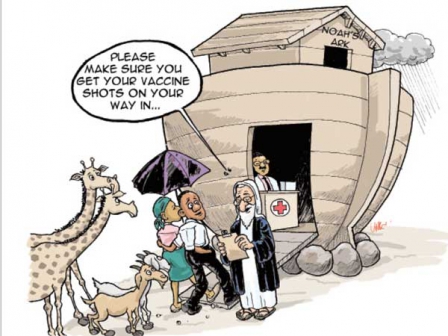×
The Standard e-Paper
Kenya’s Boldest Voice

This year has been a challenging one for the health sector. As the country moved from one health worker strike to another, critical services were affected. Indeed many children went unimmunized, more mothers opted to deliver at home and many patients missed their TB and ARV medications. The country was therefore exposed to the risk of epidemics and resistance to medications.